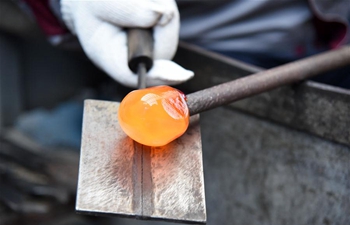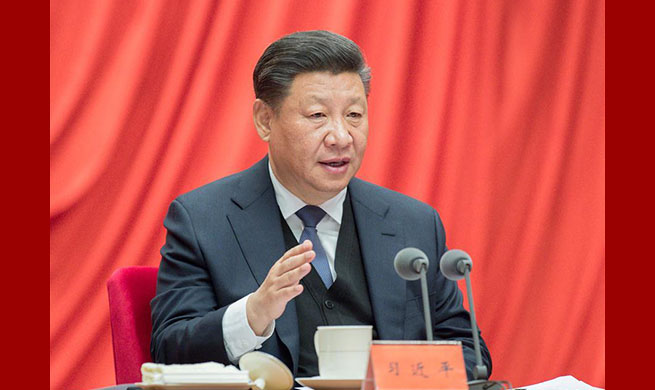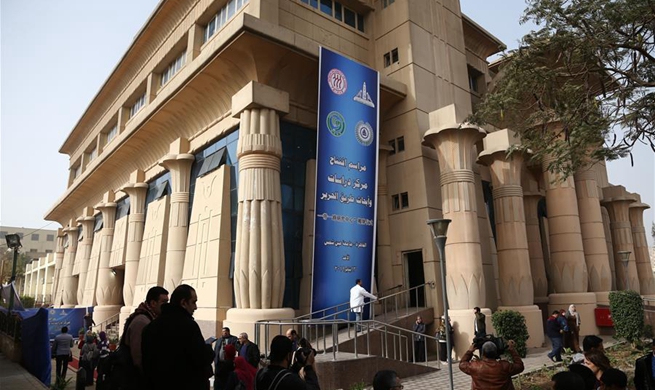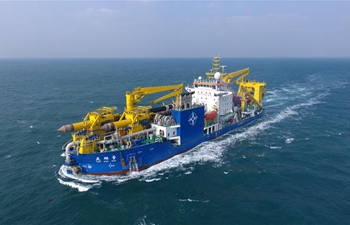by Federico Grandesso
BRUSSELS, Jan. 13 (Xinhua) -- "This year could be quite turbulent for the EU-U.S. relations if the auto issue becomes an area of dispute," former U.S. diplomat and senior fellow at the German Marshall Fund in Brussels, Peter Chase, has said.
"But I think it will be solved because it is not interests of the U.S. to do this, neither economically nor politically," Chase told Xinhua in a recent interview on EU-U.S. relations.
The automobile industry has been a sticking point in the U.S.-EU trade disputes, with the White House threatening to slap tariffs on European cars and car parts while singling out Germany's largely vehicle-driven trade surplus over the United States.
"The EU and U.S. have a unique economic relationship based on investments instead of trade ... and if Washington tries to set new barriers, U.S. manufacturing plants and exports would be greatly affected," he said.
Asked about possible scenarios about the auto industry dispute, Chase foresees that the U.S. administration will issue a report calling for more protectionism on the auto industry, which will create a lot of tension with Europe. But "I don't think that approach will be sustainable in the U.S.," he said.
About the trade conflicts on steel and aluminum with the U.S., Chase believes that if every country can simply be completely free to do whatever they want on trade in the name of national security and none can go against that, then all rules developed in trade among countries would be meaningless.
"That approach is extremely dangerous, and it will be even more dangerous if the American administration argues that the other sectors need to be protected in the same way like the steel and aluminum. Any actions the U.S. takes on auto and auto parts will have a direct impact particularly on allies like Europe, Japan and South Korea," said Chase.
U.S. President Donald Trump argues that the EU are not pulling their weight and Washington has carried too much responsibility, with Europeans being able to free ride, to some extent, on all of the things that the U.S. does, said Chase.
"In this regard, in (German) Chancellor (Angela) Merkel's annual speech, there is a recognition that Europeans should take more responsibility," the American expert stressed.
Asked if the transatlantic relations could have reached a historical low, "there were more other difficult moments like the discussions in the early 2000 about the Iraq war", said Chase, adding that "the transatlantic alliance is a very special one."
Questioned about the difficult relations between Trump and some European leaders, Chase underlined that at first the Europeans tried different approaches with Trump but in the end: "I think they learned that what they need to do is simply standing firm for their own interests," he said.
"I don't like President Trump's 'America First' policy, because it makes discussions much more combative than they need to be," said Chase.













